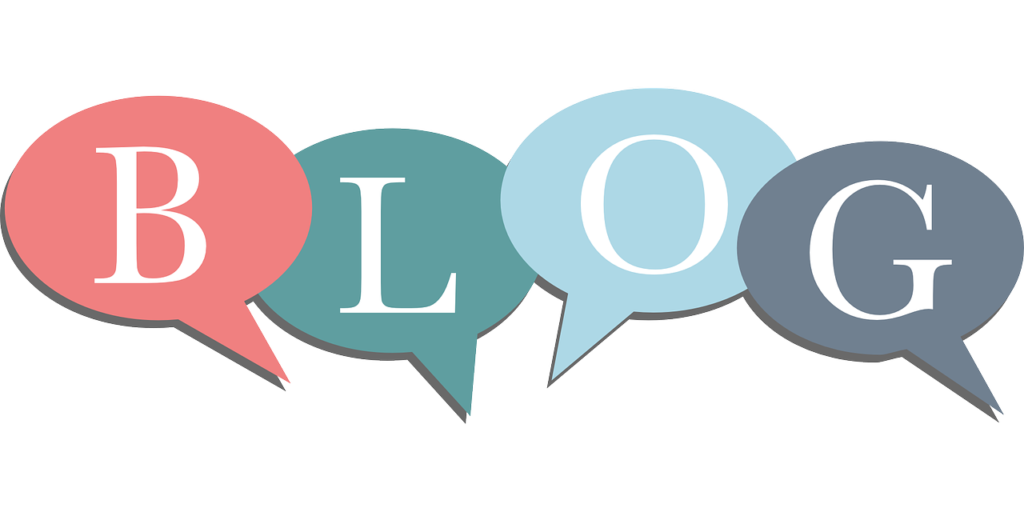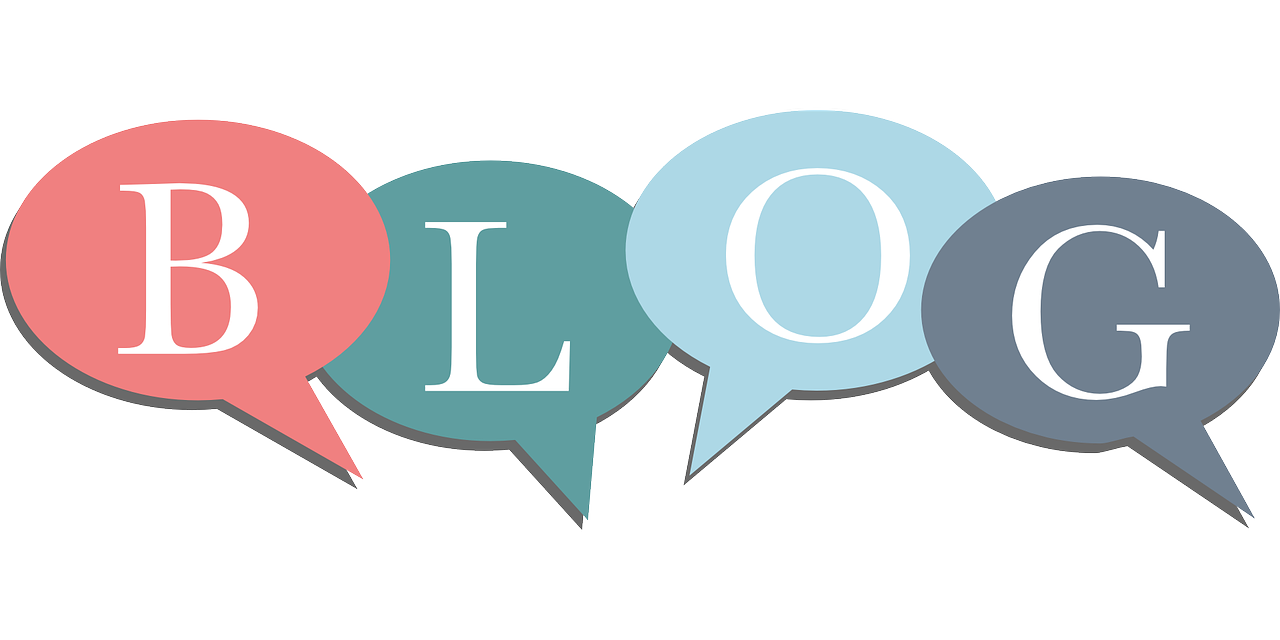Blogging is a powerful tool for sharing knowledge, experiences, and promoting products or services. And also it is an excellent platform for building an audience, engaging with readers, and generating income. This guide will provide a comprehensive outline of what blogging is, its purpose, types, and the various components that make up a successful blog.
Definition of Blogging
Blogging is the act of regularly publishing written content, known as blog posts, on a personal or professional website. This written content can be in the form of articles, stories, opinions. And any other type of information that a blogger wants to share with their audience.
Purpose of Blogging
The primary purpose of blogging is to share knowledge, opinions, experiences, and promote products or services. Blogging has become a powerful tool for businesses to reach their target audience and build brand awareness. It is also an excellent platform for individuals to share their thoughts, experiences, and build a following of readers.

Types of Blogs
There are various types of blogs, including personal blogs, business blogs, niche blogs, and multimedia blogs. Personal blogs are typically written by individuals and focus on personal experiences and thoughts. Business blogs are written by businesses to promote their products or services and reach their target audience. Niche blogs focus on a specific topic, such as fashion, travel, or food, and are written by individuals or businesses. Multimedia blogs are a combination of written content and other media such as videos, podcasts, and images.
Content Creation
Blogging involves creating high-quality content that is relevant to your target audience. This content can take many forms, including articles, stories, tutorials, and opinion pieces. The key to successful content creation is to provide valuable and relevant information to your audience. This can be achieved by researching your topic thoroughly, writing in a clear and concise manner, and using engaging visuals to enhance the overall reading experience.
Building an Audience
Making audience is one of the most important aspects of blogging. Bloggers aim to attract and retain a following of readers through search engine optimization (SEO), social media, and engagement with the audience. SEO is the process of optimizing your website to rank higher in search engine results pages (SERP) for specific keywords related to your blog. Social media is a powerful tool for promoting your blog and reaching new readers. Engaging with your audience is crucial for building a loyal following, and can be achieved through commenting, email newsletters, and other methods of communication.
Monetization
Blogging can be monetized through various methods, including affiliate marketing, sponsored content, advertising, and selling products or services.
Affiliate marketing involves promoting products or services and earning a commission for each sale made through your affiliate link. Sponsored content is a form of advertising where a company pays a blogger to write a blog post promoting their products or services. Advertising is another form of monetization, where businesses pay to display ads on your blog. Finally, bloggers can sell products or services related to their blog, such as e-books, courses, or consulting services.
Importance of Consistency
Consistently publishing blog posts and promoting them is crucial for building an audience and achieving success as a blogger. Regularly publishing new content not only provides value to your audience but also helps to keep your blog relevant and visible in search engine results pages.
Measurement of Success
Blogging success can be measured through various metrics, including website traffic, engagement, and conversions. Website traffic refers to the number of visitors to your site.
Conclusion of Blogging
Blogging is a powerful tool for personal and professional growth, as well as making a positive impact on the world. From sharing knowledge, promoting causes, and building a following, to developing writing and technical skills, the possibilities of blogging are endless. With the continued evolution and growth of technology, the future of blogging looks bright, providing even more opportunities for individuals to start and maintain a successful blog. Whether you are looking to build a personal brand, promote a business, or simply share your experiences and opinions, blogging offers the flexibility, community, and impact to achieve your goals.
FAQs Related to Blogging
What is the definition of blogging?
- Blogging is the act of regularly publishing written content, known as blog posts, on a personal or professional website.
Give the purpose of blogging?
- Blogging is used to share knowledge, opinions, experiences, and promote products or services.
tell me about the types of blogs?
- There are various types of blogs, including personal blogs, business blogs, niche blogs, and multimedia blogs.
What is involved in creating content for a blog?
- Blogging involves creating high-quality content that is relevant to your target audience.
How does a blogger build an audience?
- Bloggers aim to attract and retain a following of readers through search engine optimization, social media, and engagement with the audience.
- Q: What is SEO in blogging?
- A: SEO (Search Engine Optimization) in blogging refers to the process of optimizing your blog content and website to increase its visibility and ranking on search engine results pages (SERPs) such as Google, Bing, or Yahoo.
- Q: Why is SEO important for blogging?
- A: SEO is important for blogging because it helps to attract more traffic to your website and increase your visibility on search engines. With good SEO practices, your blog posts are more likely to appear on the first page of search results, which can result in more clicks, more engagement, and more opportunities for monetization.
- Q: How can I improve SEO on my blog?
- A: Some ways to improve SEO on your blog include using relevant keywords in your blog post titles and throughout your content, optimizing your images with alt tags and descriptive filenames, writing high-quality and valuable content that engages your audience, using internal linking to help search engines crawl and understand your website structure, and building backlinks to your website from other high-quality and relevant sources.

exactly what you want